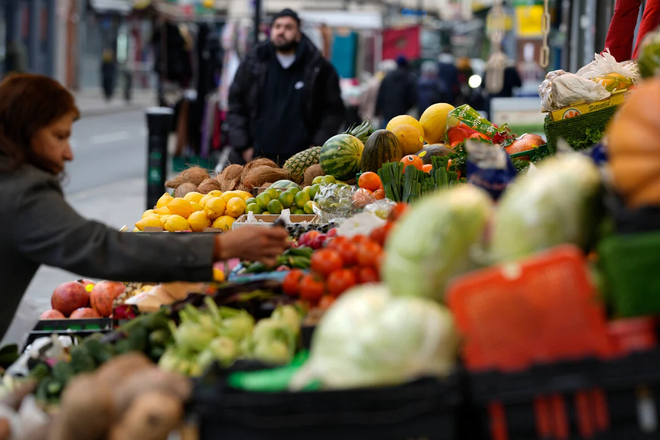Last year, companies used the prices of energy and fuels to justify raising the prices of their products. However, the latter have been falling for several months now, but yet to be reflected in shops.
Inflation in Slovakia is still high. In April it reached 13.8 percent, according to the Statistics Office. Food prices increased by 26.1 percent year-on-year. This means that you paid €26 more for purchasing products that cost you €100 a year before.
In April, food prices rose by only 0.3 percent, the lowest since October 2021. Oils, butter, vegetables and eggs became slightly cheaper, according to the Statistics Office.
In contrast, milk, cheese and eggs became the food commodity with the fastest rising price by 32.9 percent, followed by sugar and confections, the prices of which rose by 31.2 percent
The reasons for high inflation have been the same for many months: supply chains disrupted by the pandemic and high consumer demand, followed by the energy crisis and the war in Ukraine.
Recently, the European Central Bank (ECB) added another reason. According to ECB, inflation has been largely driven up by company profits. The ECB says that companies have increased profit margins from their products and services beyond rising costs to offset losses caused by the pandemic.
The Slovak National Bank (NBS) also came to a similar conclusion, when it analysed the quarterly data of companies with at least twenty employees. Last year, NBS pointed out that the pressure on prices arose primarily from self-employed people.
"It's quite difficult to separate what is a legitimate price increase due to increased costs and what is a margin. The high post-pandemic demand and forced savings probably allowed sellers to increase their profits a little and rehabilitate the previous bad period," says NBS spokesperson Peter Majer.
Complaints were followed by celebration
The increase in profits is also shown by the data of the Statistics Office. Last year, the cumulative profit of all Slovak companies before taxation was 53 percent higher and, after taking inflation into account, 37 percent higher than in 2019, a comparable pre-pandemic year.



 Slovaks have started to buy less products and spend their savings. (source: SITA)
Slovaks have started to buy less products and spend their savings. (source: SITA)